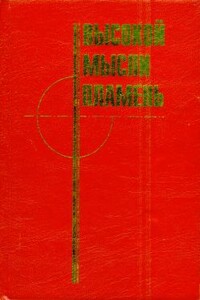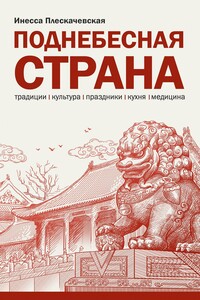Now, Russia stood badly in need of two things. War-torn and threatened by revolution, the Government could rehabilitate itself only by a liberal amount of money. But where to get it? France, her ally, and normally her banker, was slow in this instance to lend and it was only through England's intervention that the Tsar secured from a group of Paris and London bankers the money with which to finance his Government and stave off revolution.
But more than money, Russia needed an icefree seaport to take the place of Port Arthur, which she had lost; and for this there were only two possible choices: Constantinople or a port on the Persian Gulf. In either of these aims she was opposed by Britain, the traditional enemy of a Russian Constantinople, on the one hand, and the possessor of a considerable "sphere of interest "in the Persian Gulf on the other.
So matters stood, when in August, 1907, but a few weeks after my masquerade, an Agreement was signed, providing for the division of Persia into three strips, the northern and southern of which would be respectively Russian and British zones of influence; providing also, in a secret clause, that Russia would give England military aid in the event of a war between Germany and England!
Meantime what was Germany doing?
She had, you may be sure, no intention of allowing England to best her in the game of intrigue. Her interests in the Near East were commercial rather than military; but she could not see them threatened by an Anglo-Russian occupation of Persia. Then, too, she was bound to consider the possible effect on Turkey, in which she was taking an ever-increasing (and none too altruistic) interest.
The details of what followed I can only surmise. I know that in the interval between my trip to Russia and the signing of that Agreement, on August 31, the Kaiser held two conferences: one on August 3, with the Tsar at Swinemiinde; the other on August 14, with Edward VII., at the Castle of Wilhelmshohe. And when, on September 24, the terms were published, they were bitterly attacked by a portion of the English Press, not so much because of the danger to Persia, as because of the fact that Russia got the best of the bargain!*
* You will find an interesting account of the effect of this treaty upon Persia in William Morgan Shuster's valuable book, "The Strangling Persia."
Had the Kaiser succeeded in having these terms changed? Who knows? Certainly one can trace the hand of German diplomacy in the events of the next seven years, most of which are a matter of common knowledge. The steady aggressions of Russia in Persia during the troubled years of 1910-1912; the almost open flouting of the terms of the treaty, which expressly guaranteed Persian integrity; the constant growth of German influence, culminating in the Persian extension of the German-owned Bagdad Railway; the founding of a German school and a hospital in Teheran, jointly supported by Germany and Persia; and finally, the celebrated Potsdam Agreement of 1910, between Russia and Germany, in which Germany agreed to recognise Russia's claim to Northern Persia as its sphere of influence, which provided for a further rapprochement between the two countries in the matter of railway construction and commercial development generally, and which has been generally supposed to contain a guarantee that neither country would join "any combination of Powers that has any aggressive tendency against the other."
And England did not protest, in spite of the fact that the Potsdam Agreement absolutely negatived her own treaty with Russia and made it, in the language of one writer, "a farce and a deception!" Why? Was it because she believed that when war came, as it inevitably must, Russia would forget this new alliance in allegiance to the old?
England was mistaken if she believed so. Russia Imperial Russia was never so much the friend of Germany as when, neglecting the war on her own Western front, she sent her armies into the Caucasus, persuaded the British to undertake the Dardanelles expedition, and, following her own plans of Asiatic expansion, betrayed England!


